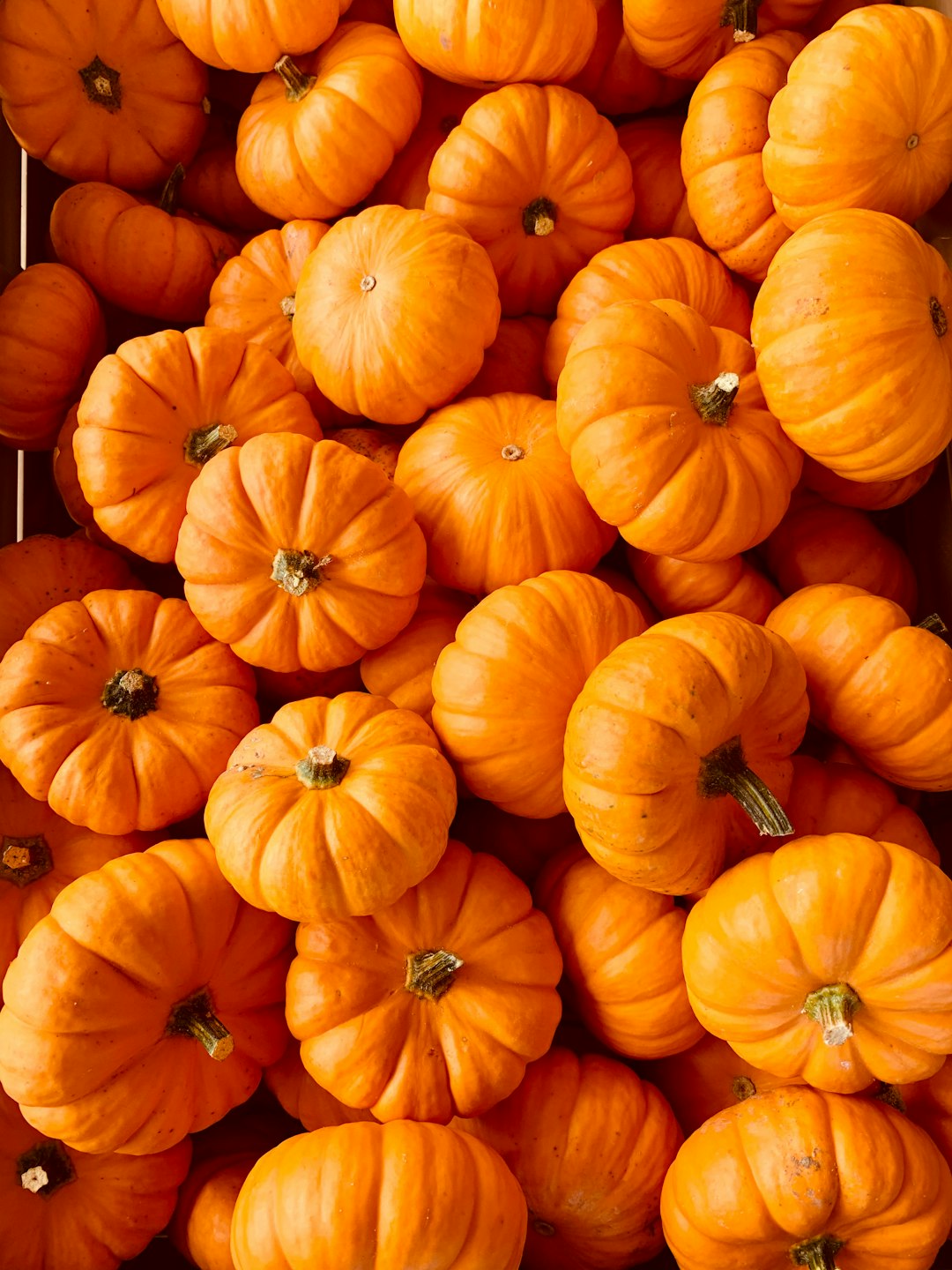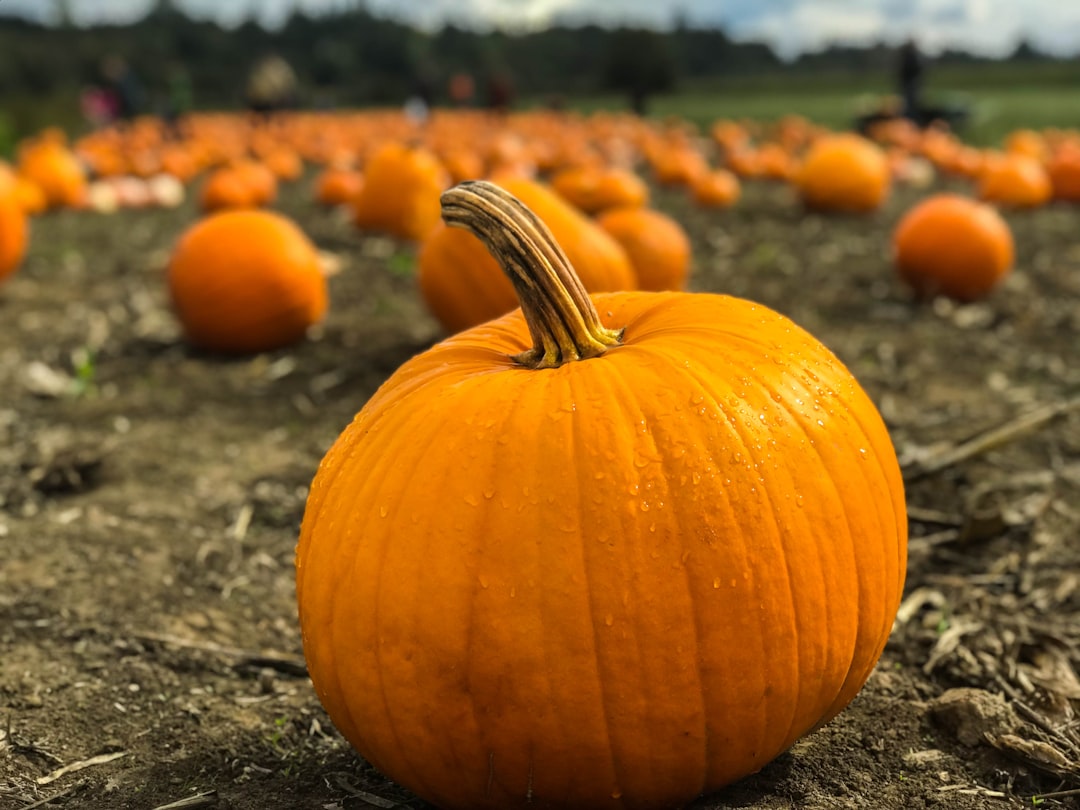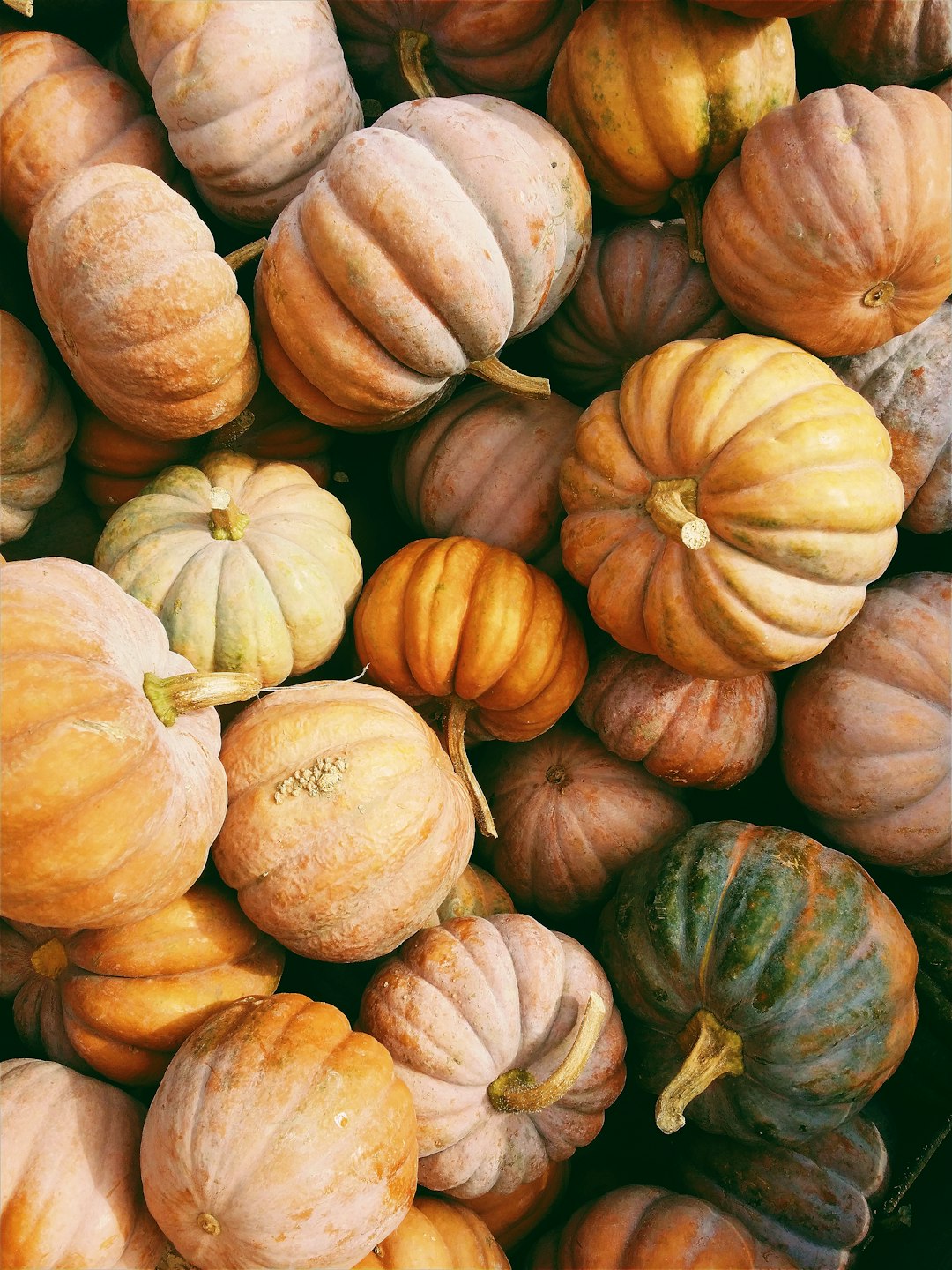Pumpkin
The pumpkin is a type of squash that originated in Central America. The word "pumpkin" comes from the word "pepon," a Native American word for squash. It was also known as "poisonous fish" because it was thought to be poisonous, but not actually so.
The pumpkin is one of the oldest known crops in North America, dating back to around 7,000 years ago. There are two main types of pumpkins: jack-o'-lantern pumpkins, which are smaller and have thin rinds; and pie pumpkins, which are larger and have thicker rinds.
Pumpkin seeds can be roasted and eaten as a snack or used as a topping on baked goods like pies or breads.
Pumpkin recipes
Amazing Pumpkin recipes sourced from the web.
The origin of Pumpkin
Pumpkins have been cultivated since at least 3,000 BCE, when they were first grown by Native Americans. There are two main types of pumpkin: sugar pumpkins and pie pumpkins. Sugar pumpkins are used to make puree for pies, while pie pumpkins are used to make pie fillings.
Types of Pumpkin
Originally, pumpkins were grown for their seeds, as well as for their fiber and fleshy pulp. Today, you can find many different types of pumpkins: carving pumpkins (which are large and have flat tops), sugar pumpkins (which are smaller than carving pumpkins), pie pumpkins (which are used for baking pies), and even ornamental gourds (which come in all shapes and sizes).



